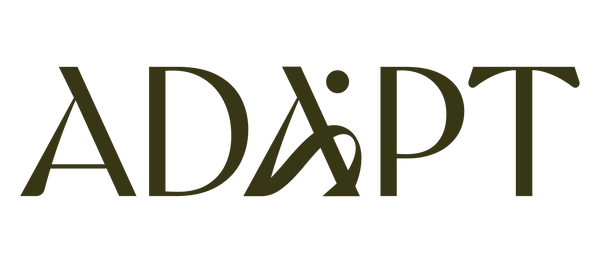
TCM in the Modern World: A Timeless Approach to Wellness
Traditional Chinese Medicine (TCM), with its rich history spanning thousands of years, has long been revered for its holistic approach to health and wellness. Based on the principles of balance, Qi (energy), and the harmony between body, mind, and environment, TCM encompasses a wide range of practices, including acupuncture, herbal medicine, dietary therapy, and Tai Chi. While these ancient practices have stood the test of time, TCM is now undergoing a modern transformation to meet the needs of contemporary health challenges and integrate more seamlessly with modern medical practices. Here’s a look at how TCM is being modernized to stay relevant in today’s fast-paced world.
1. Scientific Research and Validation
One of the key ways TCM is evolving is through rigorous scientific research. Many herbs and practices that have been used in TCM for centuries are now being studied in clinical trials to understand their active compounds and mechanisms of action. For example, herbs like ginseng, turmeric, and ginkgo biloba are being researched for their potential benefits in boosting cognitive function, reducing inflammation, and enhancing energy levels. Modern clinical studies are helping to validate these ancient practices, making them more accessible and acceptable to the global medical community. This research is also leading to the development of standardized extracts and dosages, ensuring that TCM treatments are both effective and safe for modern use.
2. Integration with Western Medicine
In many parts of the world, TCM is increasingly being integrated with Western medicine in a practice known as integrative medicine. Rather than seeing these two systems of medicine as opposing forces, more healthcare providers are recognizing the value of combining the strengths of both. For example, acupuncture is being used alongside conventional treatments for pain management, and herbal remedies are being prescribed as complementary treatments for conditions like stress, anxiety, and digestive issues. This integrative approach allows patients to benefit from the best of both worlds, addressing the root causes of illness with TCM while managing acute symptoms with Western medical interventions.
3. TCM in Wellness and Preventative Care
In addition to treating illness, TCM’s focus on prevention and maintaining balance is becoming more popular in modern wellness trends. Today, more people are turning to TCM practices to improve their overall well-being and prevent illness before it starts. Acupuncture, herbal tonics, and dietary adjustments based on TCM principles are now being embraced for stress reduction, detoxification, and boosting immunity. The rising interest in natural health solutions and the increasing awareness of the side effects of pharmaceutical drugs have led many to seek out holistic, preventative options like TCM to support long-term wellness.
4. Digitalization and Accessibility
With the rise of technology, TCM is becoming more accessible to a global audience through digital platforms. Online consultations with TCM practitioners, virtual acupuncture sessions, and digital herb dispensaries are making it easier for people to access personalized treatments without needing to visit a clinic. Additionally, apps and online resources are helping people track their health, monitor their diet, and integrate TCM principles into their daily routines. This digital transformation is making TCM more accessible, particularly to younger generations who are looking for health solutions that align with their lifestyles.
5. Sustainability and Ethical Sourcing
As the demand for TCM grows globally, there is an increasing focus on the sustainability and ethical sourcing of herbs and ingredients used in TCM. Many TCM practitioners and manufacturers are now prioritizing environmentally-friendly cultivation methods and ethical harvesting practices to ensure that the traditional plants used in TCM are not over-harvested or endangered. This commitment to sustainability is helping TCM evolve in a way that respects both the environment and the communities that rely on these natural resources.
6. Customized TCM Treatments
Modern TCM is becoming more personalized thanks to advancements in technology and data collection. Personalized treatment plans, based on individual health profiles, genetic information, and lifestyle factors, are becoming more common. This allows TCM practitioners to recommend tailored herbal blends, acupuncture points, and dietary adjustments that are specific to an individual’s needs. These personalized treatments can address a wide range of health concerns, from chronic conditions like fatigue and insomnia to mental health issues like anxiety and depression.
7. Education and Awareness
As TCM continues to gain popularity worldwide, education and awareness efforts are expanding. Universities and institutions are offering courses and degrees in TCM, training a new generation of practitioners who are equipped with both traditional knowledge and modern scientific understanding. Online platforms, podcasts, and social media are also playing a key role in educating people about TCM, making its benefits more widely understood and accepted by a global audience.
Conclusion
Traditional Chinese Medicine is far from a relic of the past; it is a dynamic and evolving system of healing that is being thoughtfully modernized to fit the needs of today’s society. Through scientific validation, integration with Western medicine, and digital accessibility, TCM is becoming more relevant than ever as people seek holistic, natural solutions for their health. By preserving its rich traditions while embracing innovation, TCM continues to offer valuable insights and remedies for modern wellness challenges, making it a powerful tool for health in the 21st century.
